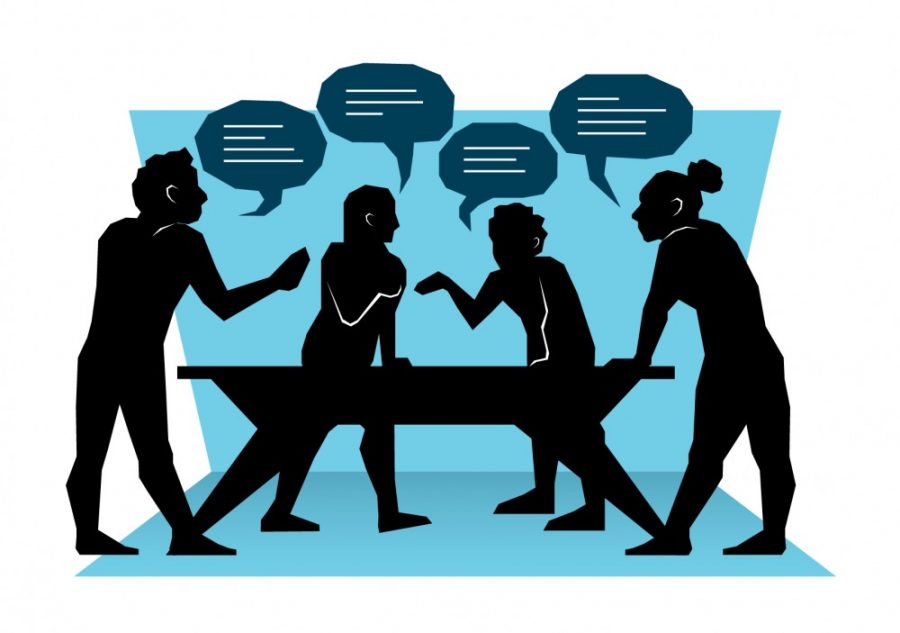More than 14.6 million people, plus companies, posted a plain black square with the #blackouttuesday hashtag on June 2, 2020 – seven days after the killing of George Floyd by Minneapolis police. The point was to demonstrate support for Black Lives Matter.
The trend started as a way of stopping businesses from producing content in order to focus on taking a stand against racism, and, in the music industry, promoting Black artists. But that’s all it was — a trend. Along with the hashtag #blackouttuesday, people were also using #blacklivesmatter, which was being used at the time as a way of sharing information with active protesters.
The qualifying factor between posting black square on Instagram or the link to a bail fund is: which one actually helps people, and which one makes you look good? Are you posting that black square to protest police brutality, or are you doing it because it would look bad if you didn’t?
An ally is someone from a non-marginalized group who uses their privilege to advocate for those who are marginalized. Performative allyship usually results in the “ally” receiving a reward of some kind, often in the form of social capital.
Performative activism, or performative allyship, is doing something solely for the attention you receive from it and not in actual support of the cause. Being in it for the personal gain and being in it for true support and allyship to whichever marginalized group are mutually exclusive, because the latter reason to, as we say, “be in it” knows that empty gestures and words do the opposite of using the privilege of a white platform to amplify Black voices. A real supporter and ally knows that posting a black square is ultimately nothing at all, and it only brings more attention to the white person who wants to feel good about posting it.
This type of performative activism hurts the people it claims to assist because it diverts attention from the communities who need it. Performances, rather than commitment and quiet introspection, also excuse privileged people from making real sacrifices in order to eradicate systemic racism. Unfortunately, just tweeting #sayhername isn’t the key to bringing justice for Breonna Taylor, George Floyd, Philando Castille and all other victims of police brutality.
If protests are inaccessible to you because of distance, health concerns, work hours, etc., there are other ways to be an ally in ways that really matter. Support BIPOC businesses, donate to bail funds, call out racism and microaggressions in real life, inform yourself and continue your education on the injustices of oppression. And always, always, at protests, put your white body in between Black ones and police. Do not let harm reach the people you claim to fight for. Do things quietly and with no expectation of recognition. Raise others voices up, and challenge yourself to not accept the circumstances that, if you are white, do not harm you but act to oppress others.








